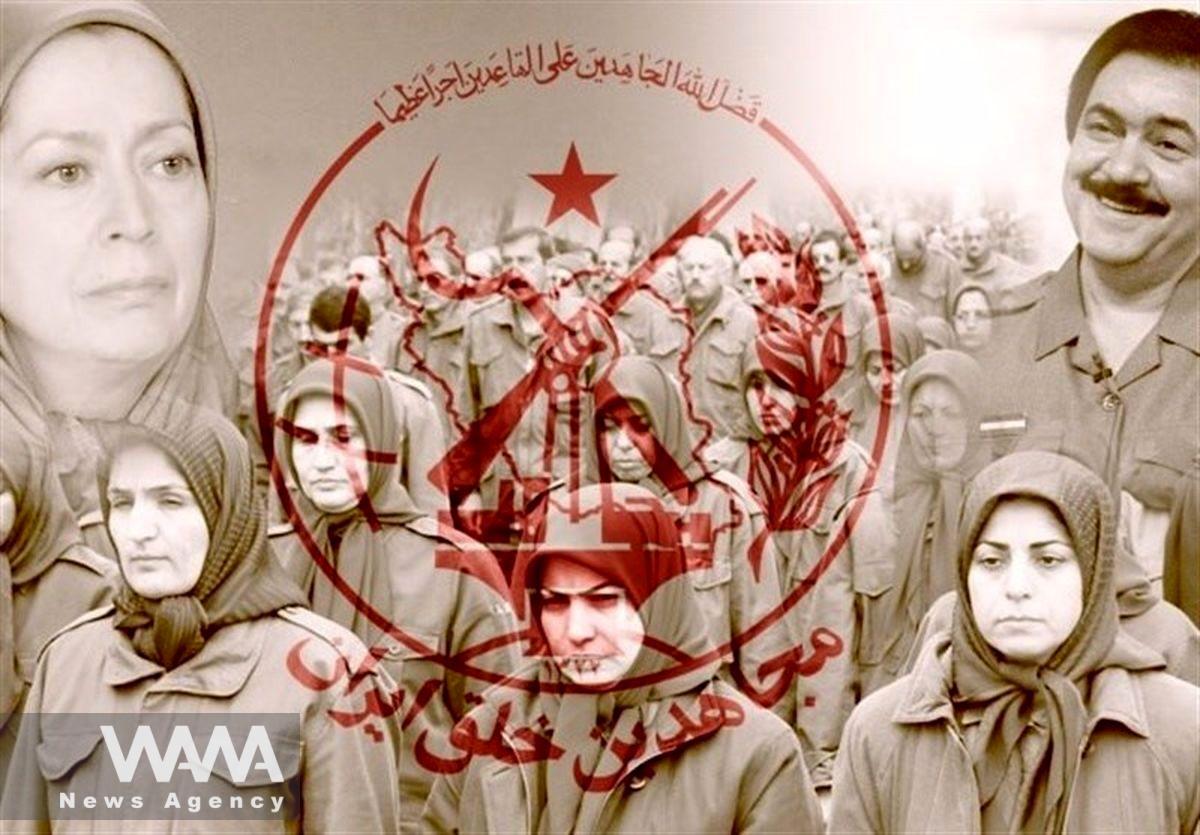The Hidden Forces Driving Takfiri Groups’ Persian Chants
WANA (Dec 16) – Recently, a promotional video released by the terrorist group Tahrir al-Sham has raised numerous questions. Surprisingly, this video is in Persian with Kurdish subtitles. What we are dealing with here is far more than just a simple clip—every detail seems meticulously crafted to convey a specific message.
Tahrir al-Sham, formerly known as Jabhat al-Nusra, is al-Qaeda’s branch in Syria. Over recent years, the group has attempted to present itself as a more “legitimate” extremist entity in the eyes of the world.
One striking aspect of this video is the presence of a blue flag featuring a crescent moon, which resembles the flags of the Organization of Turkic States and Turkey itself. This similarity points to an effort at constructing a false identity.
Reports from the UN and independent analysts indicate that certain countries, particularly Turkey, have allowed this group access to their borders. Analysts emphasize that such support includes the facilitation of logistics and supplies for anti-Syrian opposition groups.
The video places particular emphasis on appealing to women and children—a strategy reminiscent of Pan-Turkism campaigns in regions like Baku. This mirrors the approaches of other groups aiming to drive a deep wedge between Iranian culture and its historical identity.
Perhaps the most astonishing aspect, however, is the high quality of the music, rhythm, and the singer’s tone in the video. These elements bear a striking resemblance to the media productions of the Mojahedin-e-Khalq Organization (MEK)—a group now based in Albania that produces extensive Persian-language content.

The MEK, known as a terrorist organization opposing the Islamic Republic of Iran, engaged in armed attacks and terrorism during past decades to challenge the Iranian government. Because of its history of terrorist activities and connections with Iran’s adversaries, the MEK is considered not just an opposition group but a traitorous organization working against national interests.
Is this mere coincidence? Many see this resemblance as evidence of MEK’s involvement in producing this content. The MEK, which has historically sought ties with armed extremist groups, now seems to be playing a covert role in advancing their agendas.
A key question arises: why has Tahrir al-Sham produced a Persian-language video? Isn’t this group supposed to be fighting for the “freedom of Syria”? What role does a Persian-speaking audience have in their cause? The answer is simple: their ultimate target is Iran. This video serves as a warning of their intent to penetrate Iran’s cultural and media landscape to exert influence internally.

Iran’s Supreme Leader: No Doubt, Syria’s Events Are a Joint U.S.-Zionist Plot
WANA (Dec 11) – During a meeting today with people from different walks of life, Ayatollah Khamenei, Iran’s Supreme Leader delivered a speech on Syria and recent regional developments, emphasizing “There should be no doubt that what has happened in Syria is the result of a joint American and Zionist plan. We have evidence for […]
Producing content in multiple languages (such as Persian and Kurdish) is a well-known tactic to impact transnational audiences. Similar efforts were made by ISIS in the past to recruit Muslims from around the world.
These activities send a clear message: Iran’s presence in Syria over the years was not solely for protecting regional interests. It also acted as a barrier to these long-term plans, which are now being revealed.
The deceitful Persian chants we hear reflect a far more complex scheme. But this is Iran, and Iran is not Syria. As Iran’s Supreme Leader Ayatollah Khamenei stated in a recent speech on Syrian developments: “By God’s will, Iran is strong and powerful—and it will grow even more powerful.”
Reports indicate that densely populated areas of Idlib Province, such as Jisr al-Shughur, have become centers for Turkistani and Uyghur militant groups. These groups, along with their families, have occupied these regions and now use every tool at their disposal to spread their extremist ideologies.
The extensive cultural and media operations carried out by the MEK to bolster this group’s reputation form part of a broader strategy. Additionally, the MEK’s interest in establishing formal ties within the territories controlled by these extremist groups reveals a dangerous alliance.
Referring to the maneuvers of Iran’s adversaries, the Supreme Leader has warned: “We must never overlook the enemy. Nor should we underestimate them. One must not trust the enemy’s smile—sometimes they speak sweetly, but hold a dagger behind their back, waiting for the right moment.”

Top sabotage network of MKO terrorist sect in Iran identified
WANA – Iran’s Ministry of Intelligence announced today that the largest network of funding and equipment for the operational teams of the MKO (Mojahedin Khalgh Organization) terrorist group was identified and the key members of the network have been arrested. The announcement says that six of the key members of the network have been […]













